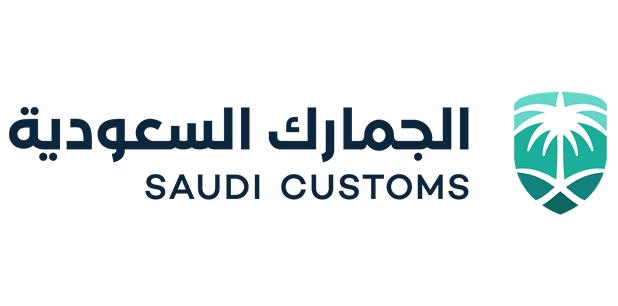
Saudi Customs: TIR Convention System now operational in the Kingdom of Saudi Arabia
Saudi Customs announced the start of TIR operations in the Kingdom of Saudi Arabia at several Customs outlets including Al-Batha, Al-Khafji, Al-Raqi, Al-Haditha and Halat Ammar Customs.
“The start of TIR operations in the Kingdom represents an important step for Saudi Customs towards the harmonization and facilitation of customs transit procedures between TIR contracting parties. TIR will reduce the transport costs as well as the trucks waiting time and facilitate the transit movements in the Kingdom, which will maximize the benefits and improve the investment attractiveness of this sector,” stated Majid Al-Mirzam, Vice Governor of Trade Facilitation and Operations at Saudi Customs.
Al-Mirzam pointed out that the start of TIR operations also supports the strategy that Saudi Customs seeks to implement and which aims to support the transformation process in Saudi Arabia by making the Customs authority a pioneer at the regional level, in addition to supporting the Kingdom’s directions towards becoming a vital transit point, in line with Saudi Arabia’s position and role that influences the global economic movement.
He went on to emphasize that this will contribute to supporting the National Industrial Development and Logistics Program, one of the most important initiatives aimed at achieving Saudi Vision 2030 by motivating the vital sectors upon which the program is based. The start of TIR operations acts as a strong attraction for investment in the logistics and all related sectors.
Al-Mirzam stated that the TIR system is a global system that contributes to speeding up customs procedures by using standard inspection methods and adopting customs passbooks internationally approved by the International Road Transport Union (IRU), indicating that the system is a secure guarantee that achieves sustainability for international trade between countries in terms of monitoring and tracking by ports, which would enhance Saudi Arabia's logistical position, noting that one of the most important achievements of this system is the development of the multimodal road transport sector and the facilitation of goods transit. Also, one of the pillars of Saudi Vision 2030 is making the Kingdom a logistical center connecting Asia, Africa and Europe. This objective will be reached by adopting international standards such as the TIR Convention, considered as one of the systems contributing to facilitating international trade.
For his part, IRU Secretary General Umberto de Brito, said that the success of TIR operations through the trial shipment showed the importance and benefits of working with this system to facilitate border crossing between countries, as the TIR system has proven its ability to link countries and facilitate trade operations between them. The establishment of similar routes across the Middle East will revolutionize the world of freight transport between countries in the region.
Over the past period, Saudi Customs has worked to harness the technical tools provided by the International Road Transport Union (the Convention’s operator), as it facilitated all the requirements that include exchanging information on shipments that wish to transit Saudi Arabian territory before their departure, for the system beneficiary to obtain approval from the Saudi Customs before starting the transit journey.
It is noteworthy that in October 2018, the Saudi Customs signed an agreement to activate the accession of Saudi Arabia to the TIR Convention. The agreement was signed with the Saudi Automobile & Touring Association (SATA), the official representative of The International Road Transport Union (IRU) in the Kingdom, and the guarantor responsible for the issuance of TIR carnets.
The activation of the agreement comes at a time when Saudi Customs are making tangible progress in facilitating customs procedures and logistics services by continuing to work hard towards investing in the Kingdom’s strategic location and transforming it into a global logistics hub. This goal is an implementation of one of the most important pillars of its strategy aimed at facilitating trade exchange in line with the objectives of Saudi Vision 2030 and showcasing the Kingdom as an attractive environment for investment and a global platform for customs and logistics services. It also targets enhancing the Kingdom's position to become the first choice as a logistics hub at the regional level by linking the three continents.


























